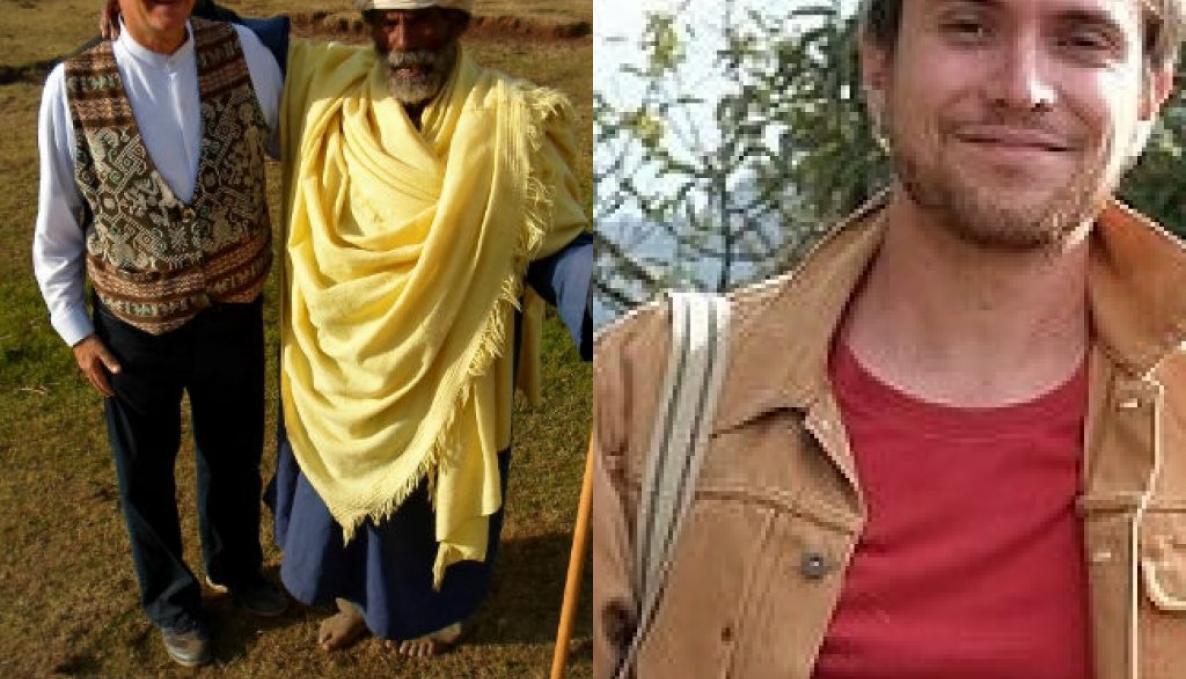WE WELCOME PROF. ENRICO PE' AND DR. MATTEO DELL'ACQUA AS AFFILIATES OF THE DEPARTMENT OF EXCELLENCE

Mario Enrico Pè and Matteo Dell’Acqua have become official affiliates of EMbeDS in June 2020.
Mario Enrico Pè is full professor of Genetics in the Institute of the Life Sciences and Dean of the Faculty of Experimental Sciences at the Sant’Anna School, and president of the Italian Society of Agricultural Genetics (SIGA). He also served as the director of the Institute of the Life Sciences from 2013 to 2016. Enrico's research activity involves two major areas, each comprising complementary investigation lines – the genetic basis of complex traits in cereals and the structural and functional characterization of non-coding RNAs. He has a long-standing record of teaching both introductory and advanced courses on Genetics, Plant Genetics, Plant Breeding and Plant Genomics.
Matteo Dell’Acqua obtained a MSc in Biodiversity and Evolution from the University of Milan and a PhD in Agrobiodiversity from the Sant’Anna School. He continued working at the School as a Postdoctoral Fellow from 2014 to 2016, investigating the genetics of crops with a variety of computational and quantitative tools. In 2018, he became assistant professor (RIC-B) in the Institute of the Life Sciences. In 2016, Matteo was awarded the Carlo Jucci Prize for the best scientific publication by Italian Society of Agricultural Genetics, and spoke at the prestigious MonoGram Conference in Cambridge, UK. His research interests include population genetics, QTL mapping, GWAS, genomics, multiparental populations, landscape genomics, adaptation.
Enrico and Matteo work in collaboration with the Institute of Economics of the Sant’Anna School on the cross-cutting themes of climate change and agricultural sustainability. These collaborations leverage data-driven methods to improve crop breeding by incorporating socioeconomic factors and climate resilience of smallholder agriculture.



